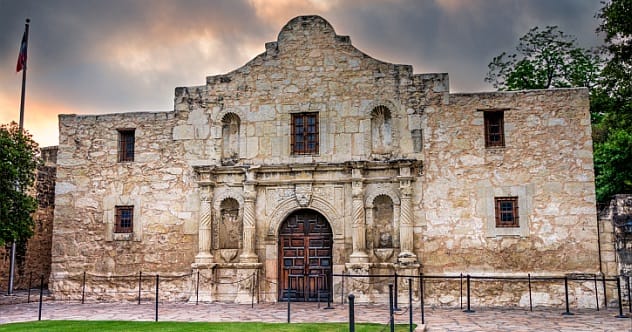Generally speaking, when someone dies, the details are usually reported. However, accuracy isn’t always guaranteed. Whether it’s misreporting or deliberate omissions to shape a specific narrative, some historical deaths stand out due to their contested details. Here are ten deaths that might not have happened the way you think.
10. Davy Crockett
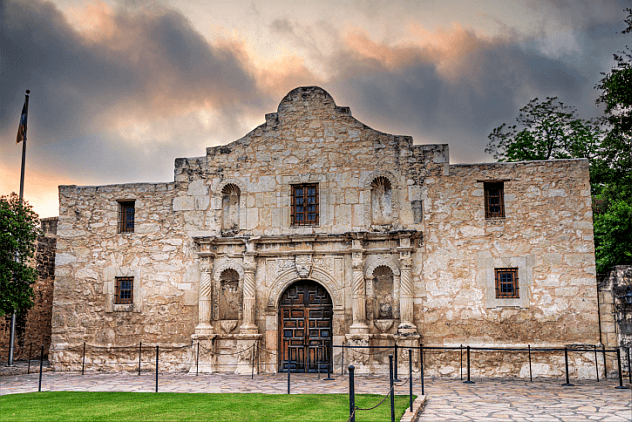
Davy Crockett, the legendary “King of the Wild Frontier,” is often remembered for his heroic stand at the Alamo. According to popular belief, he was the last man standing, swinging his rifle against the Mexican troops. However, historical accounts suggest a different story.
Lieutenant Colonel Jose Enrique de la Pena, who didn’t favor General Santa Anna, kept a diary that surfaced over a century later. It claimed that Crockett didn’t die fighting but surrendered and was executed with other surrendered men. Ramon Martinez Caro, Santa Anna’s secretary, corroborated this account in 1839, stating that some survivors were killed on Santa Anna’s orders.
These accounts sparked controversy. Some historians dismissed de la Pena’s diary as a forgery, possibly influenced by Caro’s description and embellished during Crockett’s resurgence in popularity in 1955. However, George M. Dolson’s 1836 letter and a New Orleans newspaper report echoed the surrender and execution story, suggesting that the Disney version might not be entirely accurate.
9. Cassie Bernall

In the aftermath of the Columbine High School shooting in 1999, Cassie Bernall became a symbol of unwavering faith. Initial reports claimed that Eric Harris, one of the shooters, asked Bernall if she believed in God before murdering her. Her affirmative response became a rallying cry, and her mother even published a book about it. However, this account isn’t accurate.
The Rocky Mountain News reported that Dylan Klebold, the other shooter, surprised Bernall and Emily Wyant, who were hiding under a table, and shot Bernall without saying a word. The actual exchange about God occurred between Klebold and Valeen Schnurr, who was wounded but survived. Schnurr cried out to God, and Klebold asked her why she believed. She replied that she had been raised that way. Klebold reloaded, but didn’t shoot her again.
8. Laika

Laika, a former street dog from Moscow, became the first living creature to orbit Earth. While her mission was celebrated, the truth about her fate was initially obscured. The official Soviet version stated that Laika survived for a few days before being euthanized via a programmed injection.
In 2002, the real story emerged. Laika died just hours after blastoff due to overheating. The capsule’s temperature control system malfunctioned, causing extreme heat. Laika’s pulse rate tripled after launch and stabilized after weightlessness, but she suffered immense stress. Instead of a peaceful death, Laika endured a painful end in a defective spacecraft.
7. Cleopatra

Cleopatra’s death by an asp is a well-known legend. However, the exact method of her suicide remains debated. The writer Strabo, who lived during Cleopatra’s time, suggested she died either from an asp bite or a poisonous ointment.
Modern research indicates that the asp story is likely false. Professor Christoph Schaefer argues that a cobra bite wouldn’t result in a quick death, as it takes hours for paralysis to set in. Additionally, the fact that two of Cleopatra’s handmaidens died with her makes the asp theory improbable, as cobras can’t deliver multiple fatal bites quickly. Schaefer suggests that Cleopatra likely died from a poison mixture of hemlock, wolfsbane, and opium.
6. James Garfield
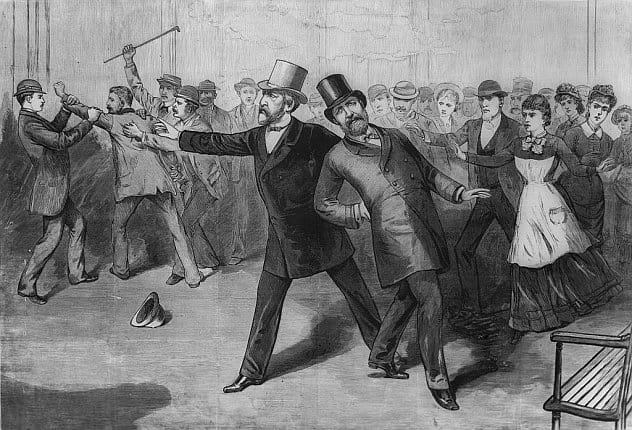
James Garfield, the 20th US President, is primarily remembered for being assassinated just four months into his presidency. While he was indeed shot by Charles Guiteau, the bullet didn’t directly cause his death. It was the doctors’ crude medical practices that ultimately led to his demise.
On July 2, 1881, Guiteau shot Garfield twice. One bullet lodged in his spine. Doctors, unaware of germ theory, used unsanitized instruments to try to extract the bullet, causing infection. Despite Joseph Lister’s antiseptic methods being available for nearly 20 years, American doctors rejected them. Garfield suffered for 80 days, losing significant weight and enduring excruciating pain. Garfield’s assassin even said, “I shot him, but doctors killed him.” Thirty-one years later, doctors left the bullet in Teddy Roosevelt, and he survived.
5. The Challenger Crew

The Space Shuttle Challenger disaster in January 1986 is a vivid memory for many. The official NASA version doesn’t specify when the seven astronauts died, but the immediate assumption was that they perished in the explosion 73 seconds into the flight. However, the reality is more complex.
The explosion involved the solid rocket booster, and the crew capsule actually continued upward to nearly 20,000 meters (65,000 ft) before plummeting into the ocean almost three minutes later. Some emergency air bottles were activated, indicating the astronauts likely survived the initial explosion. Dr. Joseph Kerwin stated that the explosion’s force wasn’t great enough to cause immediate death. The evidence suggests the crew died upon impact with the ocean.
4. Elvis

Elvis Presley’s death on August 16, 1977, is often associated with drug overdose and the image of him dying on the toilet. Officially, the autopsy cited a heart attack as the cause of death. While prescription drug abuse undoubtedly contributed to his declining health, the primary culprit was likely severe constipation and an abnormally large colon.
Elvis wasn’t on the toilet when he died. He was on the floor of the bathroom. The average person’s colon is about 120–150 centimeters (4–5 ft) long, but Elvis’s colon measured 275 centimeters (9 ft). He suffered from bowel paralysis, making it difficult to have bowel movements. The strain from trying to force a bowel movement put immense pressure on his heart. Combined with prescription drugs that caused constipation, this ultimately triggered his fatal heart attack.
3. Alexander Hamilton
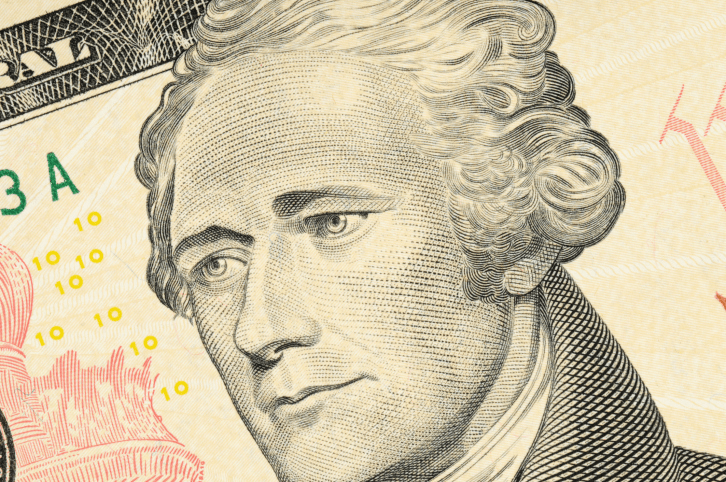
The duel between Alexander Hamilton and Vice President Aaron Burr is one of the most famous in American history. Burr is often portrayed as the villain who coldly murdered the noble Hamilton. However, a closer examination reveals a more nuanced story.
Hamilton’s supporters claimed he intended only to fire into the air, presenting letters to support this. However, a 1976 study of the duel’s pistols uncovered a key detail: the guns had hair triggers, meaning the slightest touch would fire it. Hamilton, who chose and supplied the guns, likely knew this, while Burr didn’t. Using a hair trigger was a breach of dueling protocol. Burr revealed that Hamilton’s shot buzzed by his ear. Hamilton’s early shot missed because he fired too soon. Burr took his time to aim and fire.
2. Che Guevara

The circumstances surrounding Che Guevara’s death in 1967 have always been politically charged. However, beyond the conflicting narratives of his final moments, lies an intriguing story about who helped the US locate him: Klaus Barbie, a notorious Nazi war criminal.
In the 1960s, the US was staunchly anti-communist. According to filmmaker Kevin McDonald, the CIA recruited Klaus Barbie, who was hiding in Bolivia, to assist in capturing Che Guevara. Barbie’s expertise in counter-resistance tactics, gained during World War II, was seen as valuable in thwarting Guevara’s efforts to spread communism in Bolivia. Barbie had connections in Bolivia. Even Fidel Castro believed that Barbie and the Americans collaborated to take down the revolutionary.
1. Kitty Genovese

The murder of Kitty Genovese in 1964 is infamous for the alleged apathy of 38 bystanders who reportedly witnessed the crime and did nothing. However, this widely cited account isn’t entirely accurate.
Winston Moseley attacked Genovese in Queens; Robert Moser yelled at Moseley, and he ran. A 14-year-old told his father, who called the police, but they didn’t respond. Moseley returned and fatally stabbed and raped Genovese. The New York Times originally reported 38 witnesses and three attacks. Karl Ross witnessed the attack from his doorway, but, paranoid, instead crawled out his window; he called later. Sophie Farrar, an upstairs tenant, tried to save Genovese. Only one did nothing: Ross. At least four people helped.
+ Rasputin
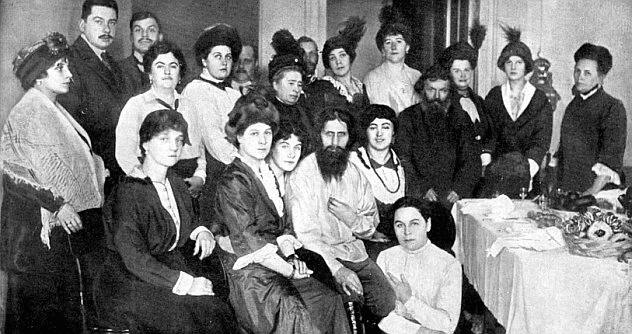
Rasputin, the Russian faith healer and advisor to Tsar Nicholas II, is known for his supposedly impossible-to-kill nature. The legend says he was drugged, shot, and drowned. But the true story of his demise is even more complex, involving the British Secret Service.
Andrew Cook suggests that Oswald Rayner, a British Secret Service officer, played a key role in the assassination. Rayner was a friend of Prince Felix Yusupov. Rasputin had a bullet wound to the forehead, which Cook believes indicates a professional assassin. Richard Cullen insists Rayner put a bullet in his brain after Rasputin showed faint signs of life. Autopsies revealed wounds from three different guns. A British Agent provided the third gun and the fatal shot, further supporting the theory of British involvement.
What do you think about these different accounts of historical deaths? Leave your comment below!


